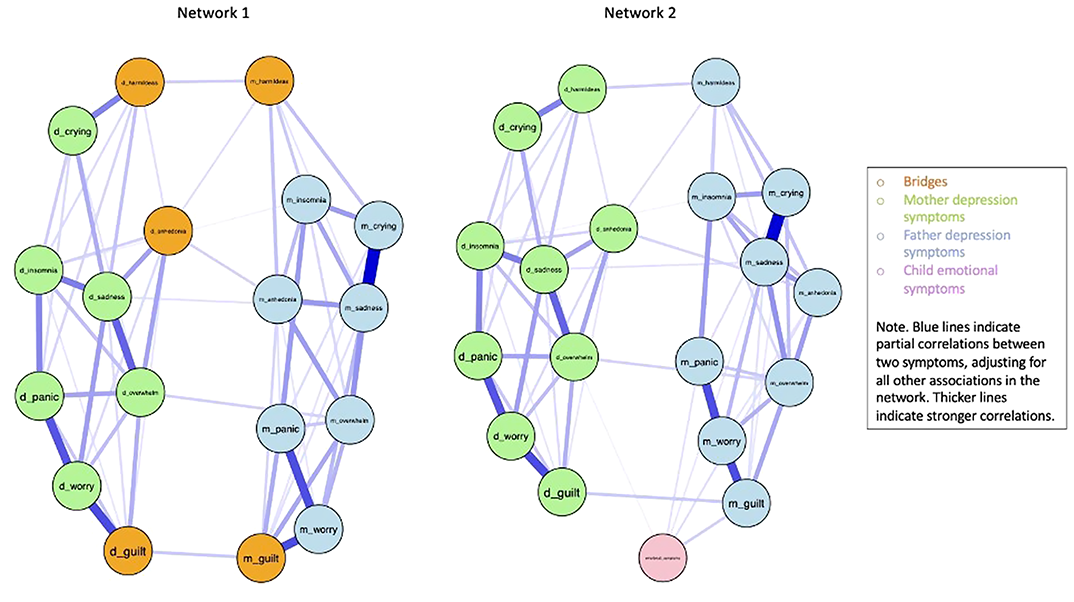There is evidence for intergenerational transmission of substance use and disorder. However, it is unclear whether separation from a parent with substance use disorder (SUD) moderates intergenerational transmission, and no studies have tested this question across three generations. In a three-generation study of families oversampled for familial SUD, we tested whether separation between father (G1; first generation) and child (G2; second generation) moderated the effect of G1 father SUDs on G2 child SUDs. We also tested whether separation between father (G2) and child (G3; third generation) moderated the effect of G2 SUDs on G3 drinking. Finally, we tested whether G1-G2 or G2-G3 separation moderated the mediated effect of G1 SUDs on G3 drinking through G2 SUDs. G1 father-G2 child separation moderated intergenerational transmission. In families with G1-G2 separation, there were no significant effects of father SUD on G2 SUD or G3 drinking. However, in nonseparated families, greater G1 father SUDs predicted heightened G2 SUDs and G3 grandchild drinking. In nonseparated families, G1 father SUDs significantly predicted G2 SUDs, which predicted G3 drinking. However, G2-G3 separation predicted heightened G3 drinking regardless of G2 and G1 SUDs. Parental separation may introduce risk for SUDs and drinking among youth with lower familial risk.


